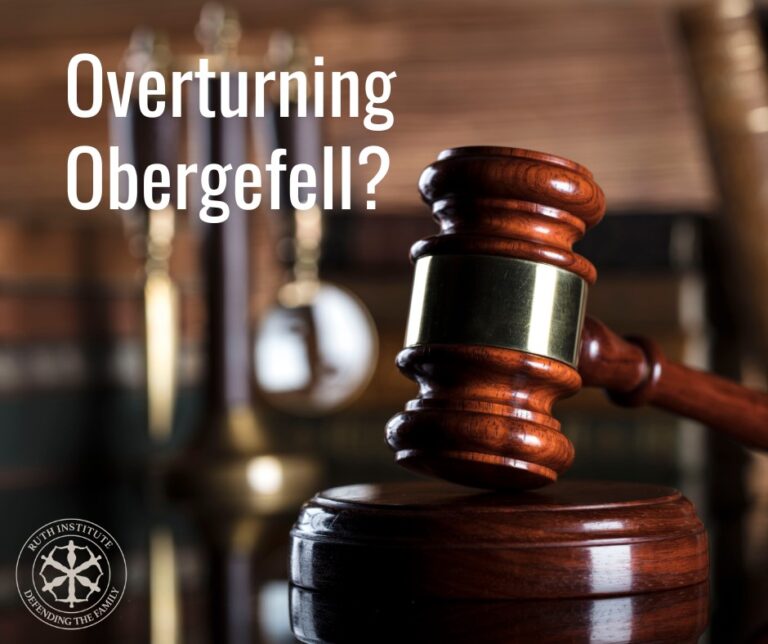Learning to say no is an important part of self-care and personal growth.
Are you a “yes” person? Are you someone who wants to please everyone else? Do you frequently say yes to requests even when they conflict with your emotional, physical, and/or spiritual health? Do you constantly put everyone else before yourself thereby negatively impacting your own health? Are you afraid that you will be judged for saying no? Does saying no make you feel guilty? Are you afraid of offending people when you turn down their requests?
Maybe you’re being asked to take on a leadership position at work. Perhaps a friend is asking for frequent assistance (even though they do have other people to call on). Maybe your church is asking you to lead committees. Maybe you have a friend or friends who really need to find their own way and get help but choose to keep relying on you for help. The fact is you really would like to help! Maybe a part of you even feels as if you “have” to help. The trouble is you just can’t do it. You’re running on empty, and your own health and your priorities are getting put on the backburner for the sake of others. Maybe you’re working to heal from your own trauma, and you have commitments at home with your own family.
Whatever your reason for needing to say no, it really is okay to set boundaries. This may be humbling to have to admit, but you are not God. You truly can’t do it all, fix it all, and help everyone who needs help. Many of us have been fed the idea that we are somehow invincible. “You can do it all and be it all!” This simply isn’t true. We all have our limits. It’s okay to acknowledge those limits.
You need to learn to respect yourself enough to say “no” and not feel guilty about it.
Saying no isn’t about being selfish. Saying “yes” all the time can be so damaging to our physical, mental, and spiritual health! Sometimes we do need to prioritize our own health especially if we are in a fragile state as it is (I’m especially talking to you, trauma survivors). Staying busy can be good at times but sometimes our need to stay busy is hiding a deeper reason for why we don’t want to say no or slow down.
You’re not subject to everyone’s whim. You should not bend to any request that goes against your convictions. You also shouldn’t have to say yes to everyone for the sake of having them like you. If that’s what it takes for someone to like you, you might want to reconsider the relationship.
Prioritizing is important. If everyone else is always coming before your own health or even the well-being of your spouse and/or children, then there is a problem with your priorities. There may be situations that arise causing you to change your priorities for the time-being (such as in the case of a sick relative). This is why it’s so important to always be prioritizing and asking yourself what is most important to you.
Sometimes it’s helpful to think of it this way: if you are constantly on the go for everyone else but neglecting yourself, you will run out of gas at some point. In order to be your best self (not only for the greater glory of God, for your own sake, and for the sake of others), you need to know when it’s time to take a time-out. Saying “no” to others and saying “yes” to your needs every now and then isn’t selfish. Take some time to recharge the batteries and, when you’re ready, you can once again determine your priorities.

It goes without saying that we all need to make sacrifices in life, but don’t fall into the trap of saying “yes” all the time especially if it’s compromising your morals and values or your physical, emotional, or spiritual life. Give yourself permission to say “no” when you need to.
Learning to say no is important because you matter.
Do you have a question about victimization and/or healing? Email me at AskASurvivor@ruthinstitute.org. Your name and personal information will never be used in my public responses.



